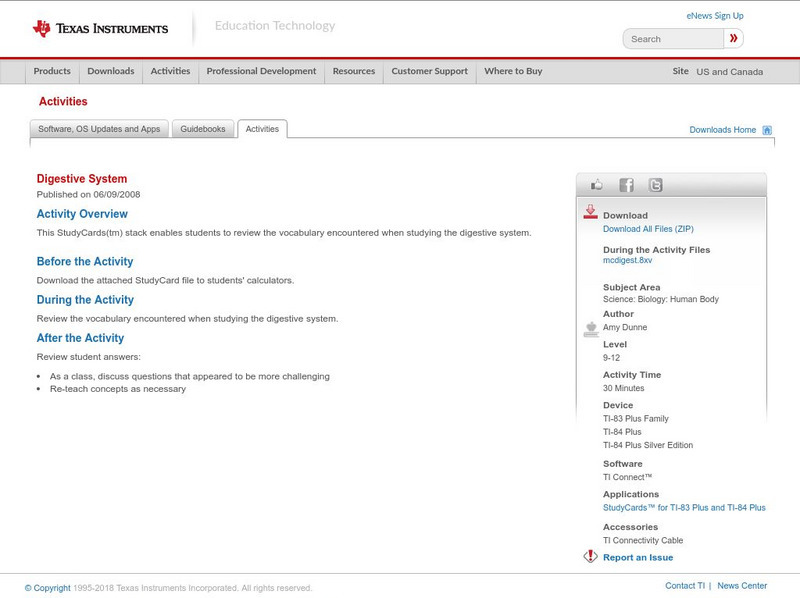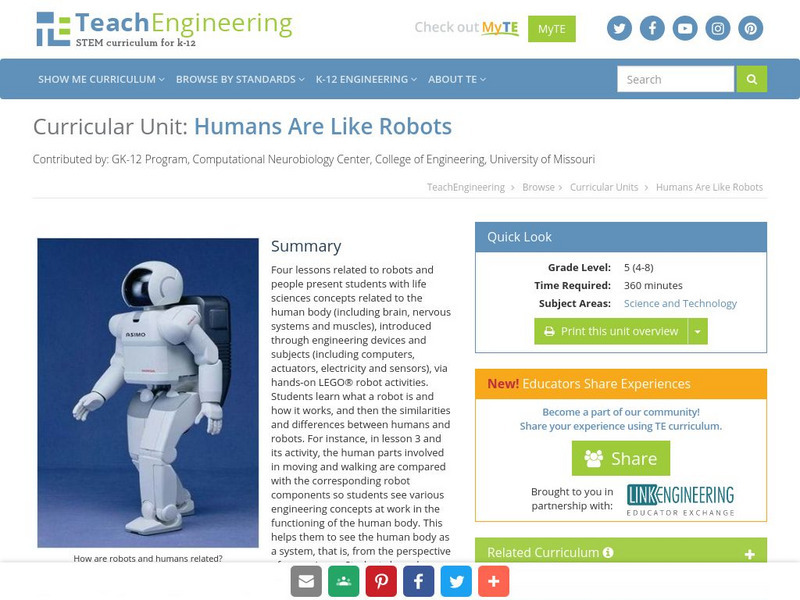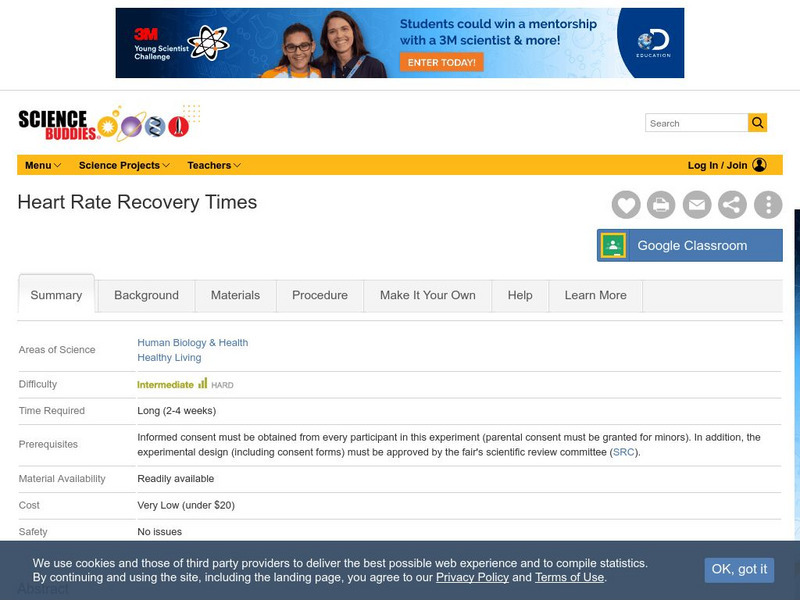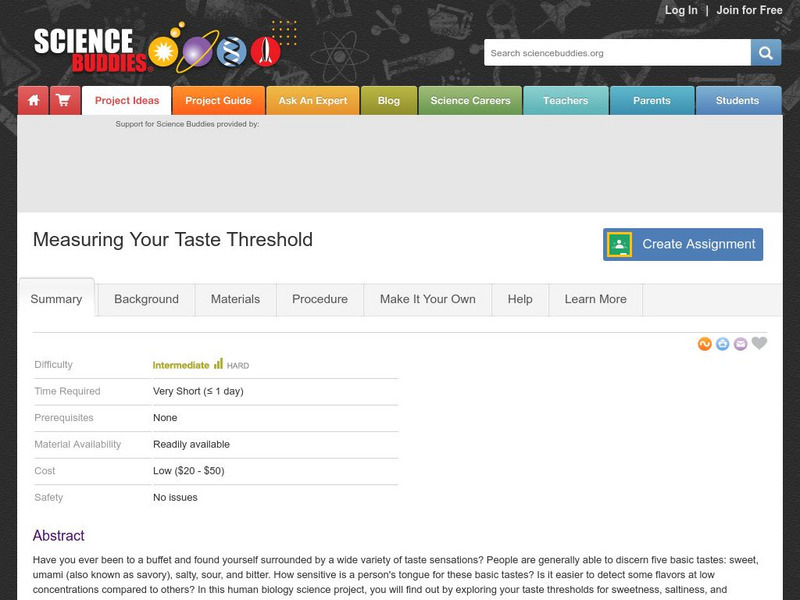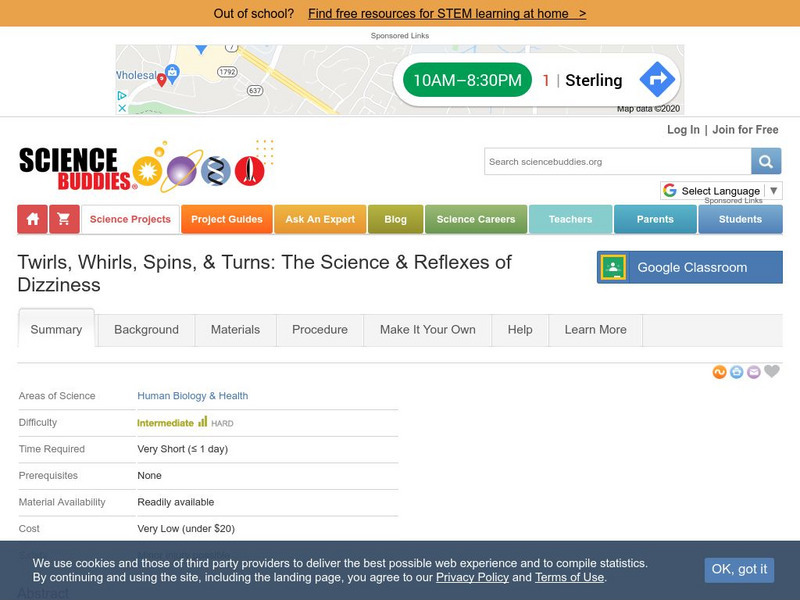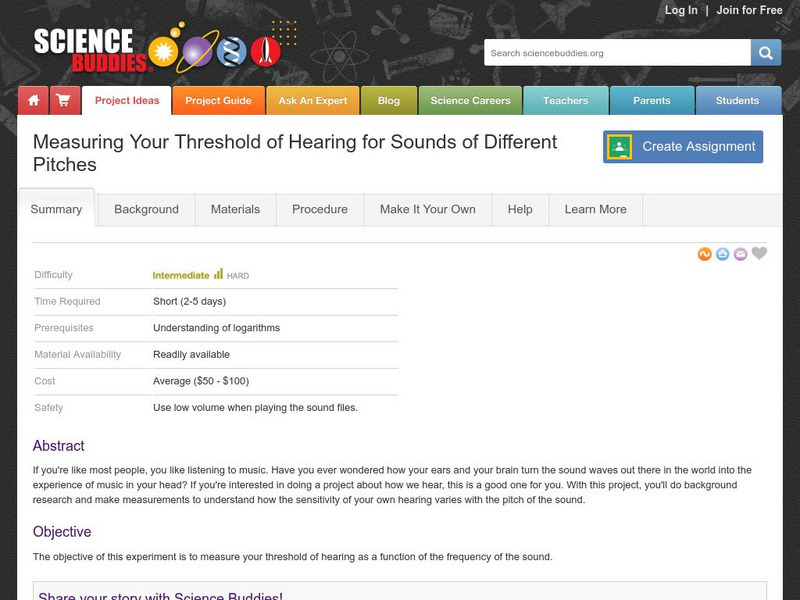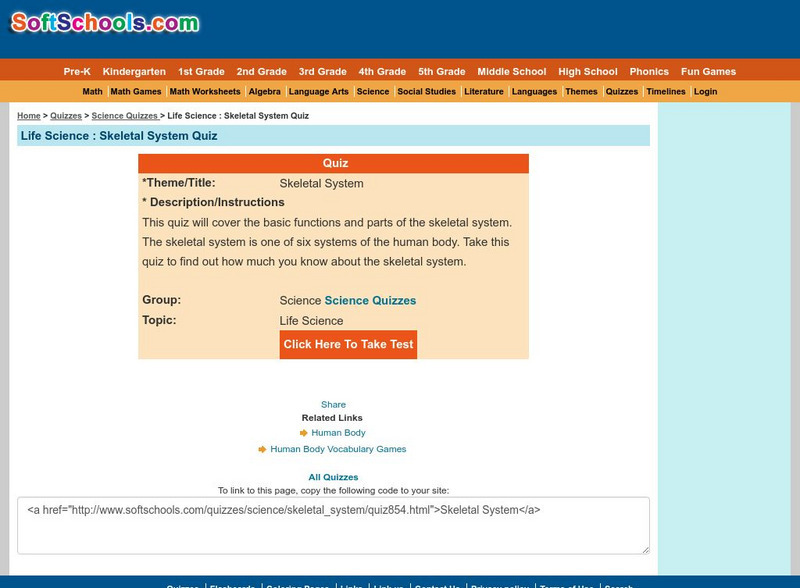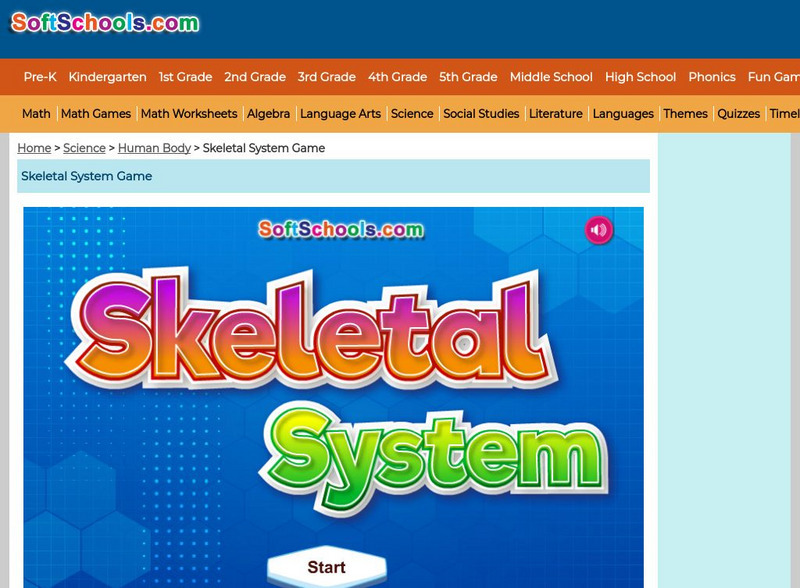CK-12 Foundation
Ck 12: Biology: Immune System Part I Study Guide
This study guide on the immune system covers key terminology and the different lines of defense the human body has to protect itself against pathogens. It is available for download with free registration.
CK-12 Foundation
Ck 12: Biology: Muscular System Study Guide
Review the structure and function of the human body's muscular system.
CK-12 Foundation
Ck 12: Life Science: 11.33 Respiratory System Disorders
Understand how some respiratory disorders affect the human body.
CK-12 Foundation
Ck 12: Life Science: 11.43 Peripheral Nervous System
Understand the structure and function of the peripheral nervous system in the human body.
CK-12 Foundation
Ck 12: Life Science: 11.44 Nervous System Diseases
Learn about some of the nervous system disorders of the human body.
CK-12 Foundation
Ck 12: Life Science: 11.20 Digestive System Health
Understand digestive health of the human body.
CK-12 Foundation
Ck 12: Life Science: 11.18 Digestive System Enzymes
Learn how the enzymes in the digestive system help with the digestive process in the human body.
National Institutes of Health
U.s. Dept of Health and Human Services: Cancer and the Environment [Pdf]
Document provides information on the causes and nature of cancer and particularly the substances in the environment that are known to cause or may cause cancer in humans such as tobacco, ultraviolet radiation, pesticides, and metals.
Texas Instruments
Texas Instruments: Digestive System
This StudyCard stack enables students to review the vocabulary encountered when studying the digestive system.
Science Buddies
Science Buddies: Deep Knee Bends: Measuring Knee Stress With a Mechanical Model
Prosthetic limbs and artificial joints can help people with disease or injury lead a normal life. Sports medicine or physical therapy is also an area that relates to this experiment. Either way, this project serves as a good match if any...
TeachEngineering
Teach Engineering: Humans Are Like Robots
Four lessons related to robots and people present students with life sciences concepts related to the human body (including brain, nervous systems and muscles), introduced through engineering devices and subjects (including computers,...
Science Buddies
Science Buddies: You Are What You Eat!
Thinking about improving your sports performance? Want to help friends and family make the most of their physical fitness activities? One factor to consider is food. Whether you realize it or not, what you eat does change your body. It...
Science Buddies
Science Buddies: Heart Rate Recovery Times
After exercise, your heart rate increases, this is normal for everyone. However this experiment asks whether the recovery time for a heart's beating rate is faster for people who get regular exercise versus those that do not.
Science Buddies
Science Buddies: Measuring Your Taste Threshold
Some people are more susceptible to flavors than others. This experiment asks you to test your threshold for the three types of taste our tongues are capable of experiencing: salty, sweet, and sour.
Science Buddies
Science Buddies: Breath of Life: Does Exercise Increase Vital Capacity?
When you take a deep breath, the amount of air you are capable of holding within your lungs, is known as your lung capacity. It is not the same for everyone. This lab asks you to find out if it is possible to increase your lung capacity...
Science Buddies
Science Buddies: Twirls, Whirls, Spins, & Turns: Reflexes & Dizziness
Tilt-A-Whirls, Merry-Go-Rounds, Spinning Tea Cups. Just the thought of these rides is enough to make someone dizzy, or queasy. Learn about spins, turns, and the mixed signals that fire in our brains when the sensation of dizziness takes...
PBS
Pbs Learning Media: Meet My Muscles Lower Body Lesson Plan
This lesson depicts students following along with their teacher to learn about lower body muscles. Students learn about muscles such as the gluteal and hamstring and how to give them a good stretch and exercise.
Science Buddies
Science Buddies: Measuring Your Threshold of Hearing
How your ears and your brain turn the sound waves out there in the world into the experience of music in your head, remains a mystery to many, but yet we all experience and even enjoy sounds and music. If you're interested in doing a...
TeachEngineering
Teach Engineering: Next Generation Surgical Tools in the Body
Through this unit, students act as engineers who are given the challenge to design laparoscopic surgical tools. After learning about human anatomy and physiology of the abdominopelvic cavity, especially as it applies to laparoscopic...
PBS
Pbs Learning Media: Meet My Muscles Upper Body Lesson Plan
Following along with their teacher, young scholars learn about the various upper body muscles we have such as the bicep and pectoral muscles and learn how to give them a good stretch and exercise.
TeachEngineering
Teach Engineering: Human and Robot Sensors
Students are provided with a rigorous background in human "sensors" (including information on the main five senses, sensor anatomies, and nervous system process) and their engineering equivalents, setting the stage for three associated...
Soft Schools
Soft Schools: Skeletal System Quiz
Take this interactive, multiple-choice quiz over the human skeletal system, then review your score and any missed questions at the end.
Other
Get Body Smart: General Organization of the Nervous System
Brought to you by Get Body Smart, students can learn about the human nervous system through this easy-to-access tutorial. Sections include Major Organs and Divisions, Sensory and Motor Divisions, Somatic Divison, Sample Somatic Divison...
Soft Schools
Soft Schools: Skeletal System Game
Test your knowledge of the human skeletal system with this interactive labeling exercise.

![U.s. Dept of Health and Human Services: Cancer and the Environment [Pdf] Website U.s. Dept of Health and Human Services: Cancer and the Environment [Pdf] Website](https://content.lessonplanet.com/knovation/original/224070-96b08e2e287ce61f7938dd5f317a86cb.jpg?1661495292)
